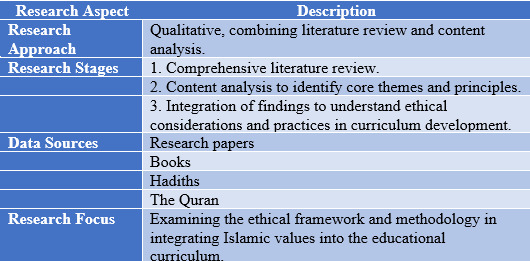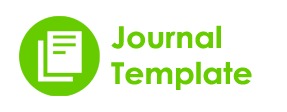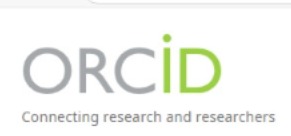ETHICAL CURRICULUM DEVELOPMENT: INSIGHTS FROM ISLAMIC EPISTEMOLOGY
DOI:
https://doi.org/10.63889/pedagogy.v17i2.219Abstract
Integrating ethical principles into the curriculum is essential for nurturing moral development among students. This study explores the fundamental role of Islamic epistemology in shaping the acquisition of knowledge and ethical behavior. Through a qualitative research approach that combines literature review and content analysis, this study investigates ethical curriculum practices in Islamic education. Islamic epistemology, which is rooted in Quranic revelation, prophetic tradition, and scientific interpretation, describes the source and ethical dimension of knowledge. Islamic scholars distinguish between revealed and acquired knowledge, with revelation serving as a foundation. The Quran and Hadith provide guidance on faith, morality, and behavior, equipped with reason ('aql) for critical inquiry and ethical acumen. Drawing from the synthesis of revelation and reason, Islamic ethics guide individual behavior, social interaction, and environmental management. The development of an ethical curriculum entails the integration of Islamic values across academic disciplines, facilitated by pedagogical approaches such as experiential learning, cooperative inquiry, and Socratic dialogue. Challenges including curricular alignment, teacher training, and cultural sensitivity exist, but the development of an ethical curriculum rooted in Islamic epistemology offers opportunities to foster ethical awareness and foster global citizenship. Upholding methodological rigor and ethical considerations ensures validity and reliability, respecting diverse cultural and religious perspectives. The study underscores the need for further research and collaboration to advance ethical educational practices that are grounded in Islamic principles, responsive to evolving learner needs and foster ethical leadership in an interconnected world.

Downloads
Published
How to Cite
Issue
Section
License
Copyright (c) 2024 Mahmudulhassan, Muhammad Abuzar

This work is licensed under a Creative Commons Attribution-ShareAlike 4.0 International License.





